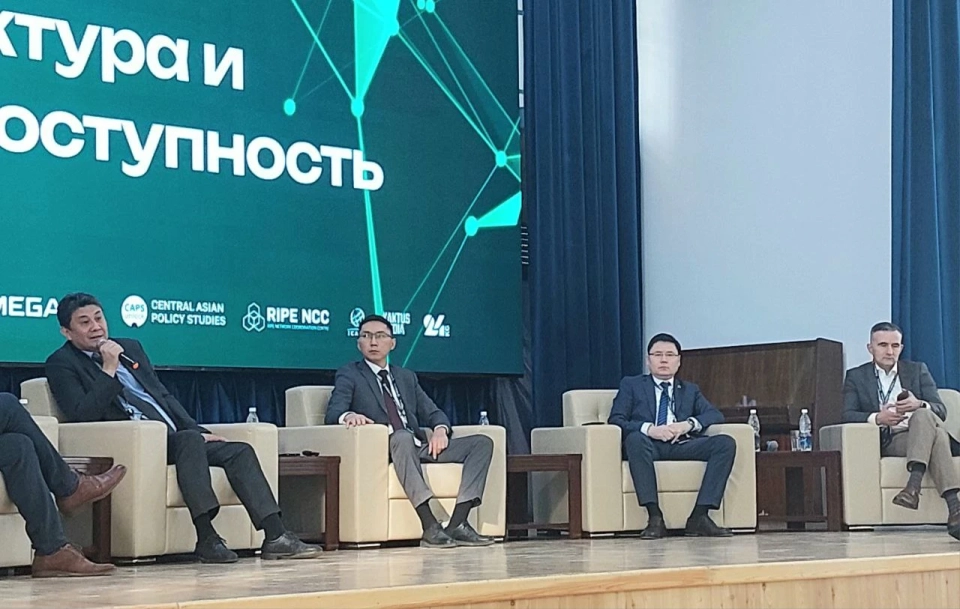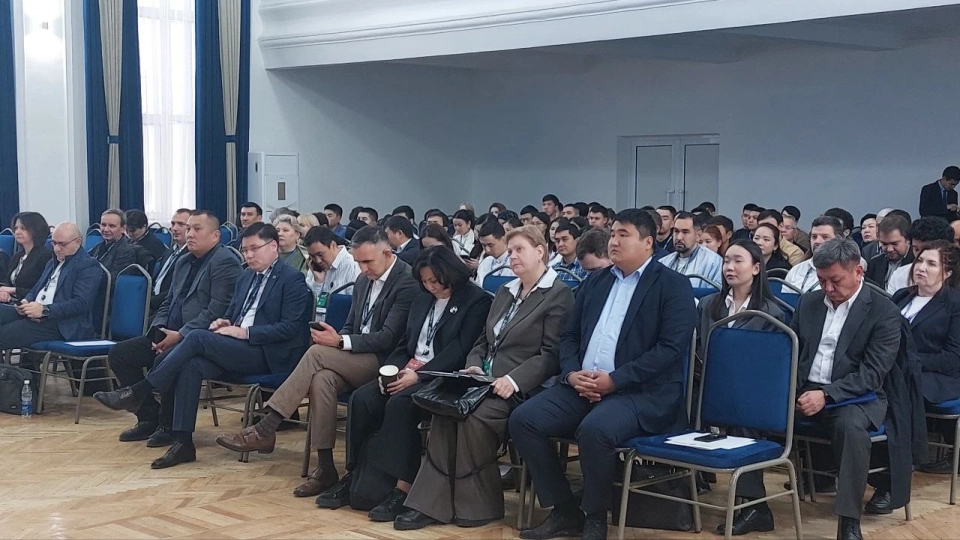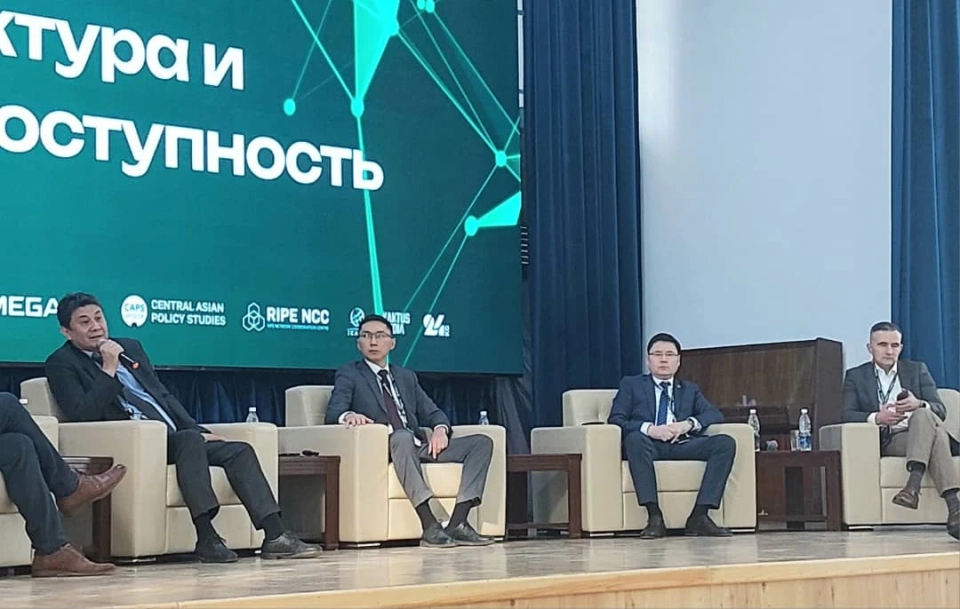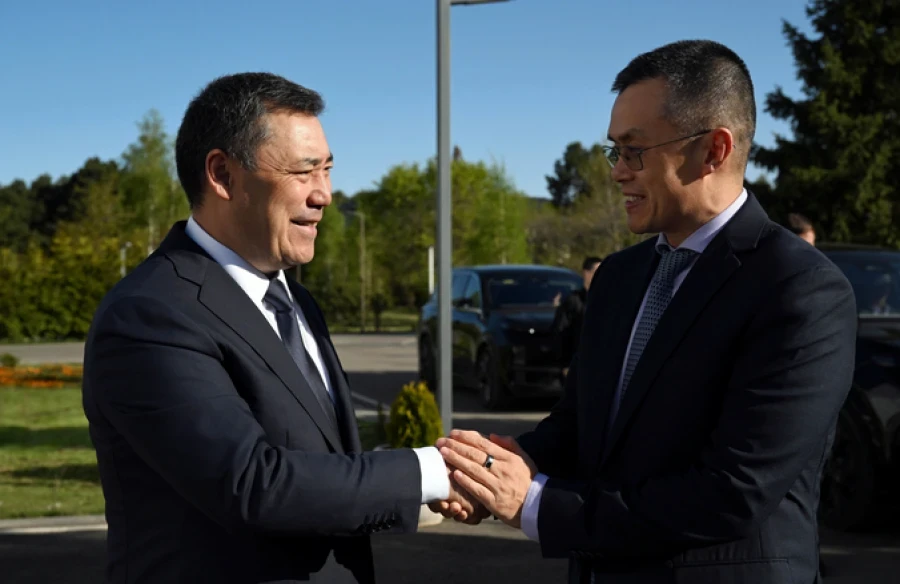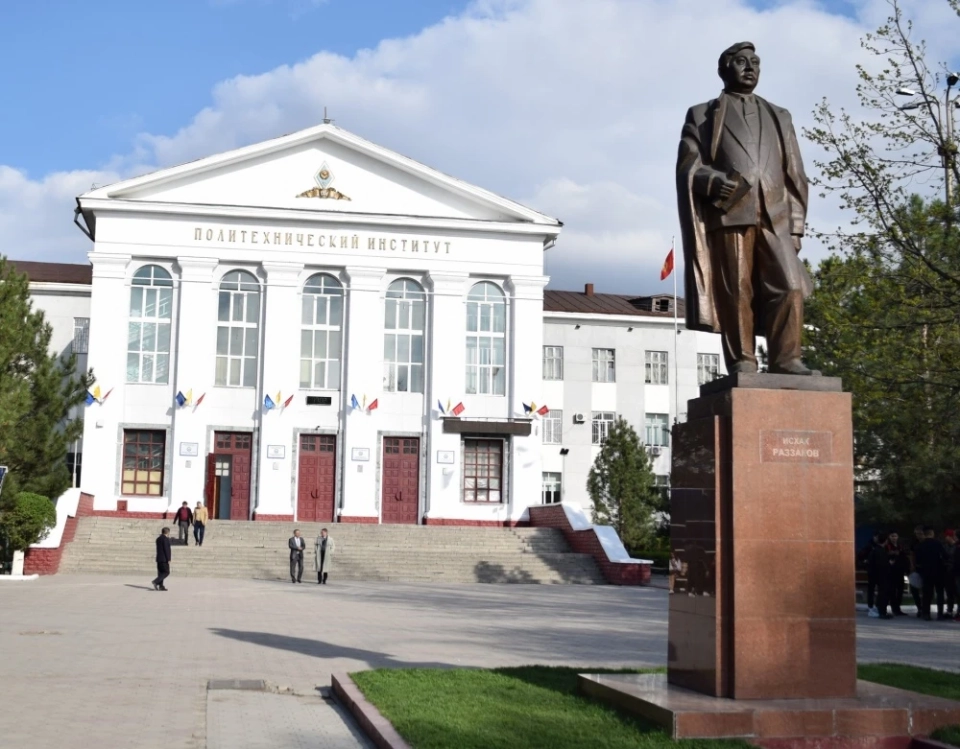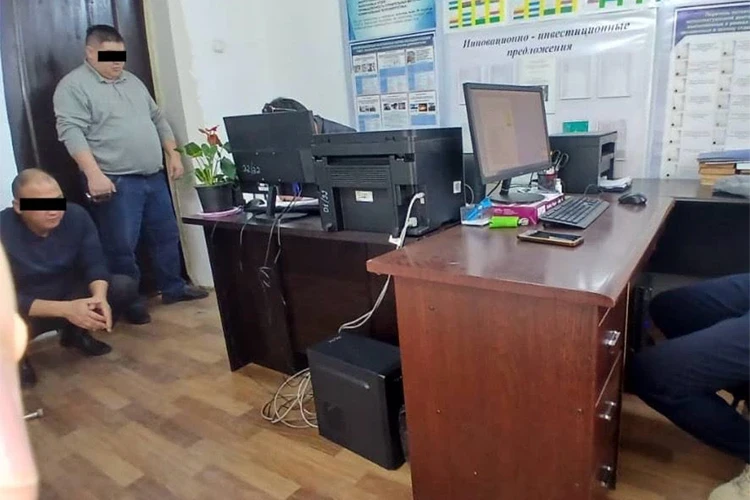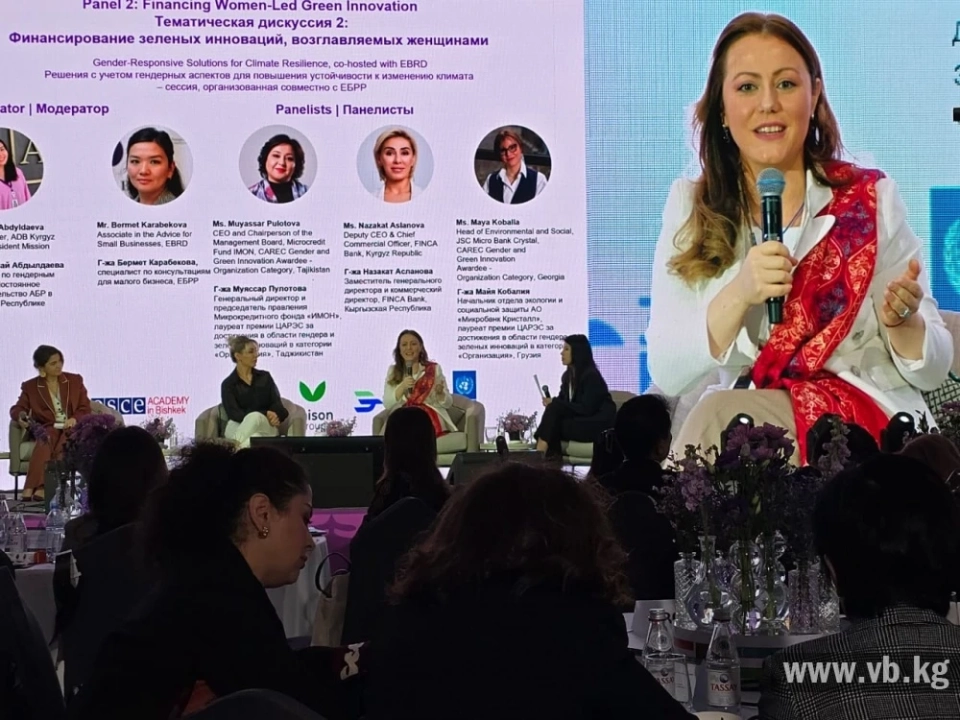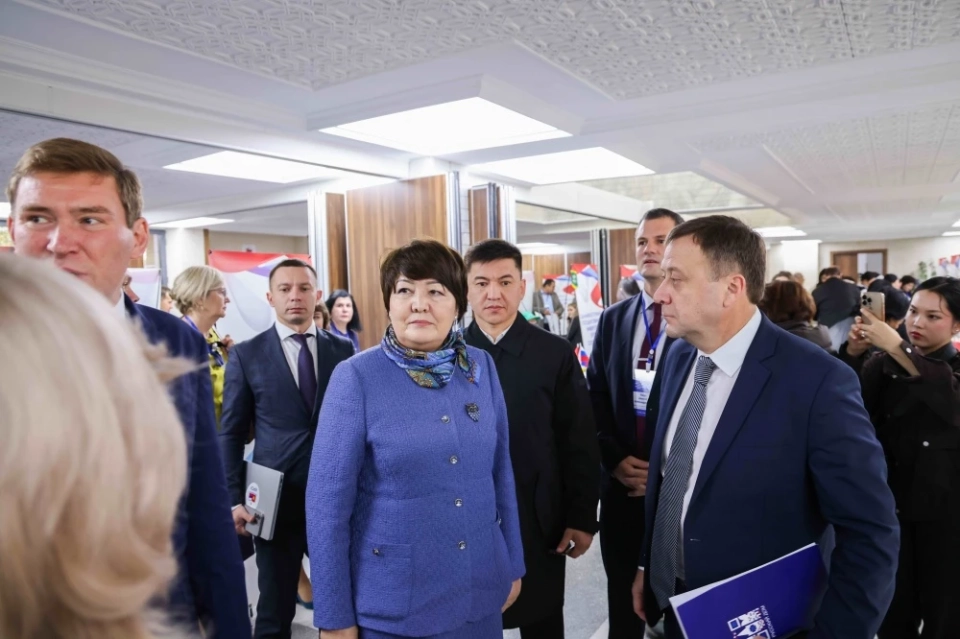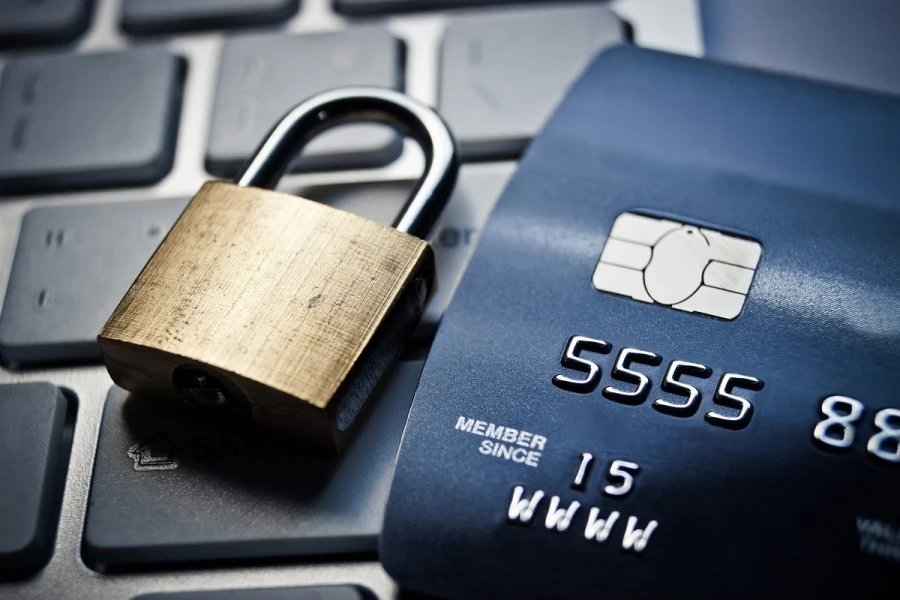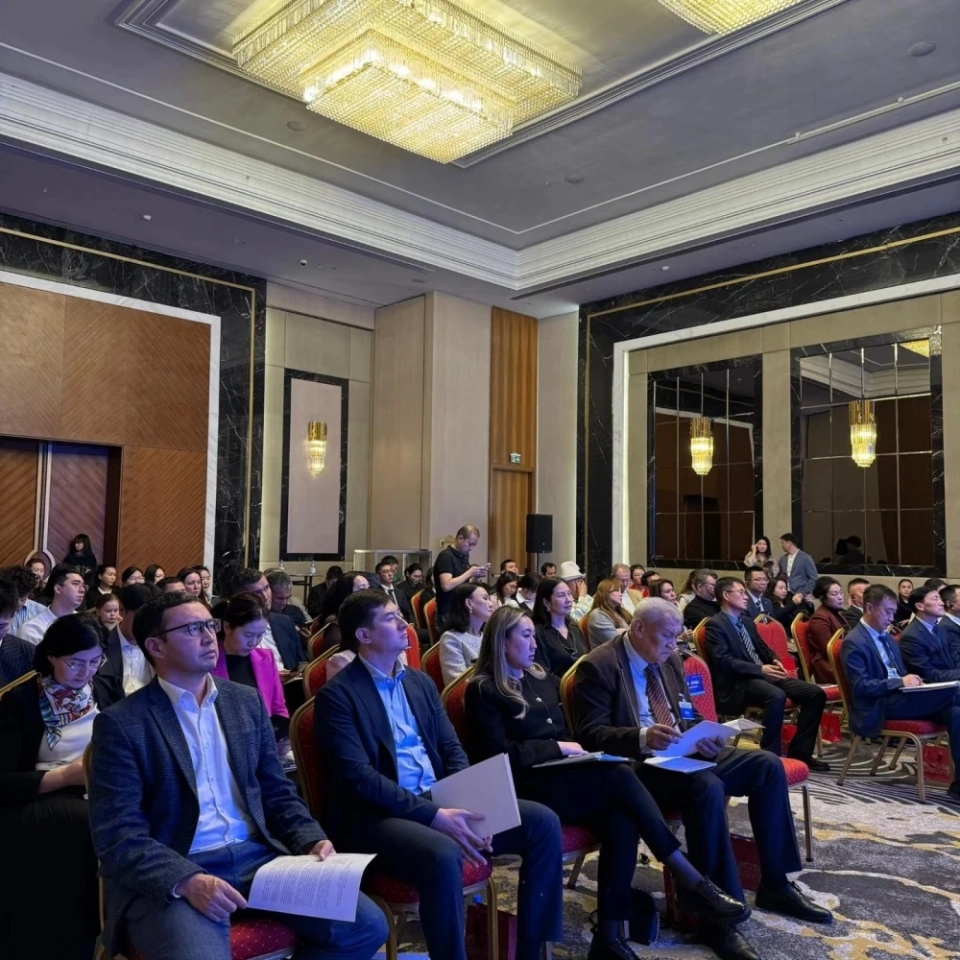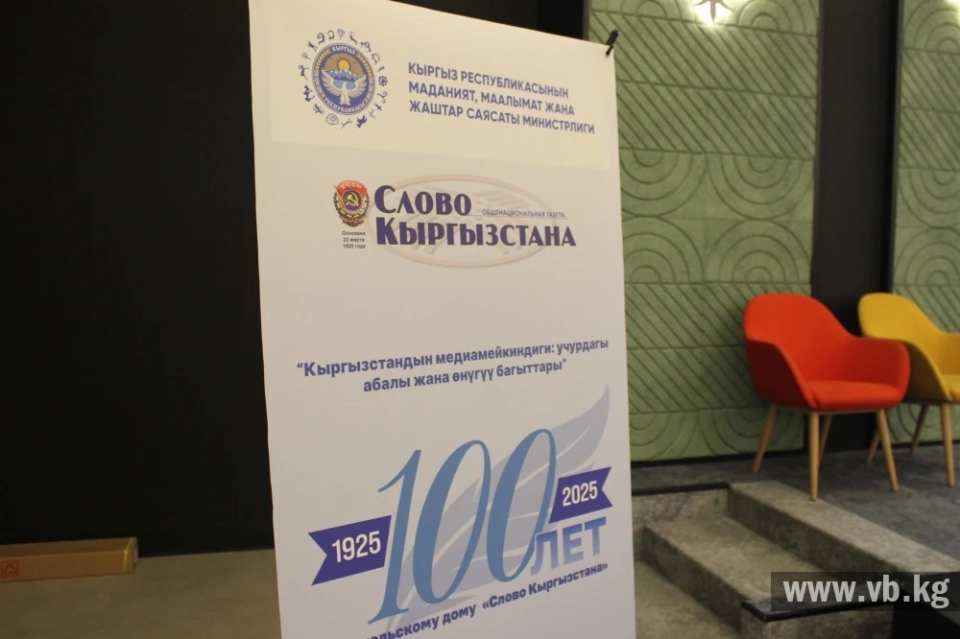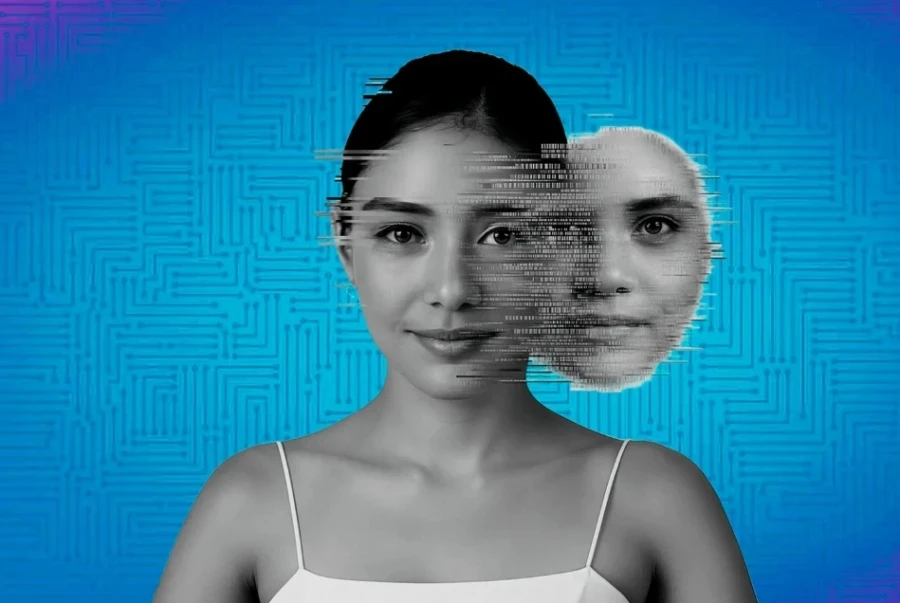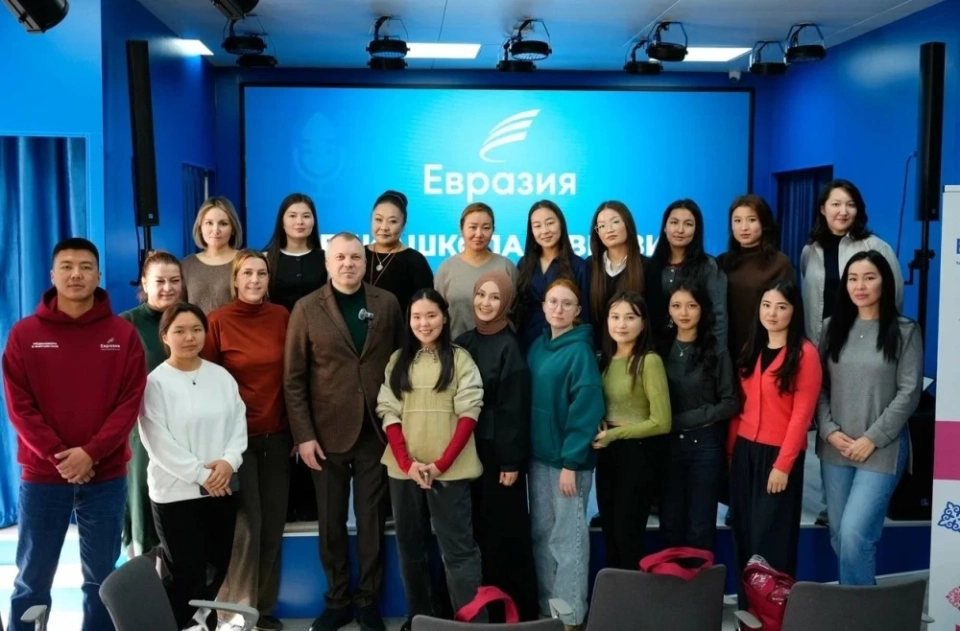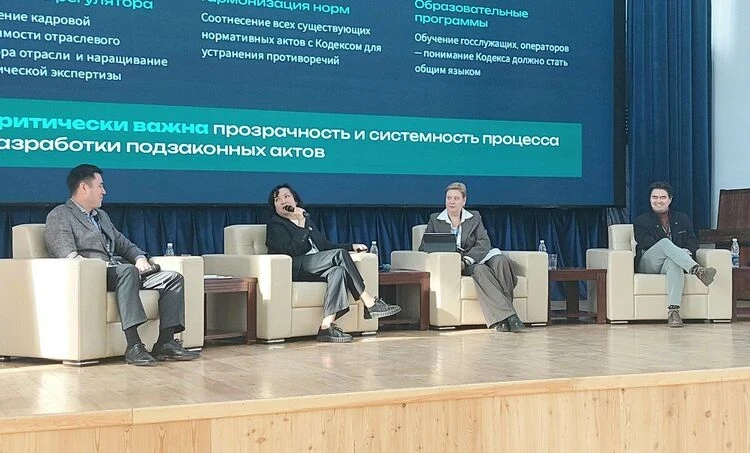
Recently, a forum titled "Internet for Sustainable Development and Reducing the Digital Divide" was held in Bishkek, based at the Issyk-Kul State Technical University named after Ishak Razakov. The event was attended by representatives of government institutions, experts in innovative technologies, as well as students and teachers.
Vaan Ovsepyan, Director of External Relations at RIPE NCC for Central Asia and the Caucasus, noted that such forums in educational institutions are of great importance.
“With the development of technology and the internet, many professions may disappear, which raises questions about their future demand, especially in the field of education. Should we continue to study in traditional educational institutions? Will we be able to use the knowledge we acquire?” — Ovsepyan questioned.
He also added that basic knowledge will always be relevant, and competent specialists can change the approach to work. “One can wait for changes, or one can actively participate in their creation,” he summarized.
Tattu Mambetalieva, Director of the Public Fund "Civil Initiative on Internet Policy," highlighted the importance of quality information management and reliable internet services. “Today, many sectors are transitioning to the digital realm, and thus quality internet has become a necessity. Any disruptions are felt much more acutely than before,” she emphasized.
She reminded about the adoption of the Digital Code in Kyrgyzstan, which has become an important step in regulating the digital space and has three key principles:
Reference 24.kg
The Digital Code is a law that regulates the digital environment. This document was adopted to create favorable legal conditions, protect citizens' rights in the digital space, and develop the digital economy in the country. President Sadyr Japarov signed it on August 4, 2025.
The head of the fund noted that the principles of the code form a regulatory model that allows innovations to develop within predictable frameworks.
Previously, operators needed to obtain separate licenses for various telecommunications services, which created difficulties and bureaucracy. Now, one general license covers the entire spectrum of telecommunications activities, simplifying the process.
Forum participants emphasized the need to train civil servants so that they can understand the code and integrate it into their work, eliminating potential contradictions with other regulatory acts.
Tattu Mambetalieva highlighted the advantages of the Digital Code: trust, attracting investments, healthy competition, and sustainable infrastructure. She added that unlike previous approaches that required legislative changes to implement new technologies, the Digital Code already takes these changes into account and creates long-term opportunities for sustainable development.
During the discussions, important aspects of copyright were touched upon, particularly cases of content copying. Mambetalieva noted that the Digital Code does not cover issues of intellectual property.
Salavat Ormoshev, Executive Director of the Association of Telecommunications Operators, emphasized that lawyers should constantly update legislation and monitor its application, as the rapid development of technology creates new challenges and complexities.
- The forum is part of the Global Internet Governance Initiative (Internet Governance Forum, IGF) and is held under the auspices of the UN. Its goal is to discuss how digital technologies can ensure equal access to the internet and improve the quality of life for citizens of Kyrgyzstan. The organizers are the Association of Telecommunications Operators, the Ministry of Digital Development and Innovative Technologies, and the Internet Development Organization (IDO).
